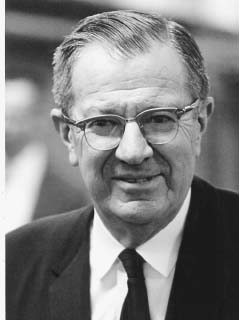craner
Beast of Burden
how exactly did I violate it? I've read Hayek and Friedman in their own words. I read some (truly strange) Gary Becker. and so on.
how much text is a person required, by yr standards, to engage before they're not violating their own principle
the entire canon of neoliberalism ca. 1944-present, or what?
I'm happy to add another book to my reading list, but I object to being told I'm doing the same thing as stan
he by his own admission uses "neoliberalism" as a totemic catch-all, I use it to mean exactly what its proponents advocated
It's not about adding books to your reading list. It's just you said, engage with the text Stan (i.e. Road to Serfdom) and then immediately started going on about Pinochet and the University of Chicago. These things are slightly more complex anyway, than the way in which they are used, and that's fair enough, it's ideological warfare. But you went straight to engage in that, after saying that others should do rather more than that.



